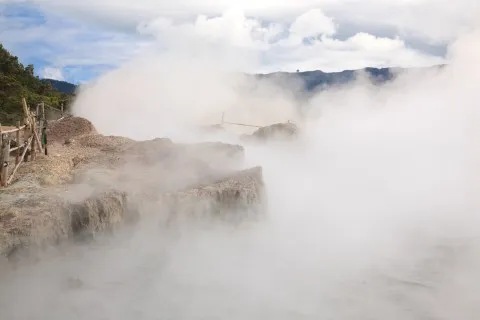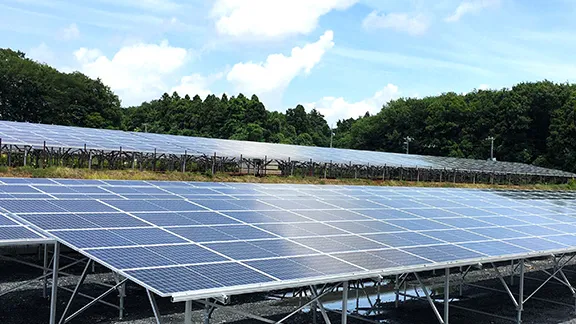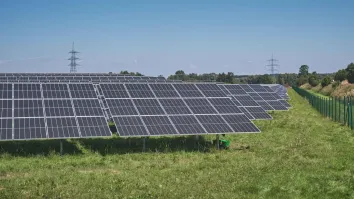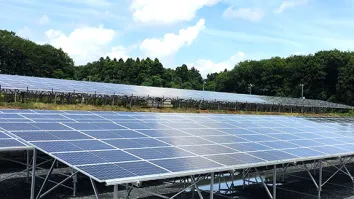
Poor policy framework hampers Indonesia's geothermal potential
Analysts are not attractive enough.
While Indonesia possesses around 40% of the world’s geothermal reserves, development has not accelerated to full gear due to insufficient incentives to make the high exploration risks worth taking. The government has been offering incentives, but analysts says these are still not attractive enough for many developers. Regulatory and administrative hiccups further deter developers from undertaking projects, which could end up creating setbacks for the country’s commitment to reduce carbon emissions by 29% by 2030.
“Recognising the potential, the Indonesian government has introduced various incentives to try to encourage development. If the relevant public authorities made full use of such incentives and implemented them consistently in a way that mitigated key private sector risks, they could make a real difference,” says Marius Toime, partner at Berwin Leighton Paisner. “However, political and bureaucratic tensions often get in the way of effective administration, and sponsors may be discouraged by exploration risks, complex regulations and inadequate feed-in tariffs.”
Geothermal project developers must undertake significant capital outlays for exploration without a guarantee of profitable return, which is why many in the private sector are unwilling to invest in exploratory drilling programs without attractive feed-in tariffs to compensate for upfront risk.
Kaushik Das, senior partner at McKinsey & Company reckons geothermal energy is already competitive in several regions, but increased tariffs for geothermal and accelerating the issuance of licenses and permits will further incentivise upstream producers to invest. Sweetening the deal for renewables investors will critical for the country to tap into its large geothermal potential, reaching an estimated 27GW. Currently, installed capacity is only at approximately 1GW.
Das reckons that even if Indonesia’s planned fuel mix is designed to achieve least-cost production by maximising the percentage of coal and gas in the fuel mix -- the two are supposed to account up to 84 per cent of total electricity production by 2017 – there is an opportunity to increase the contribution of renewables, particularly geothermal, hydro and biomass.
Despite these issues, landmark geothermal projects are popping up in Indonesia such as the Muara Laboh geothermal project in Indonesia, a high temperature geothermal power generation plant. With commissioning planned in 2019, the project’s first phase will generate 80 MW of emission-free electricity, roughly the same amount of energy consumed by 120,000 households. The project will also provide employment to 1,200 people and support local businesses during the 30-month construction period set to begin this year in the Solok Selatan region in West Sumatra province.
Aside from geothermal, development for other renewables has its own set of challenges. Biomass, while promising, will require more advanced technological expertise to become economically viable. Solar has lower potential, but in can shine in certain areas like East Indonesia where the yield is higher. Das reckons solar, along with other renewables, are not yet competitive at scale and to achieve grid parity, but can be an economically viable option for distributed generation compared with the very expensive fuel oil and distillate.


















 Advertise
Advertise






